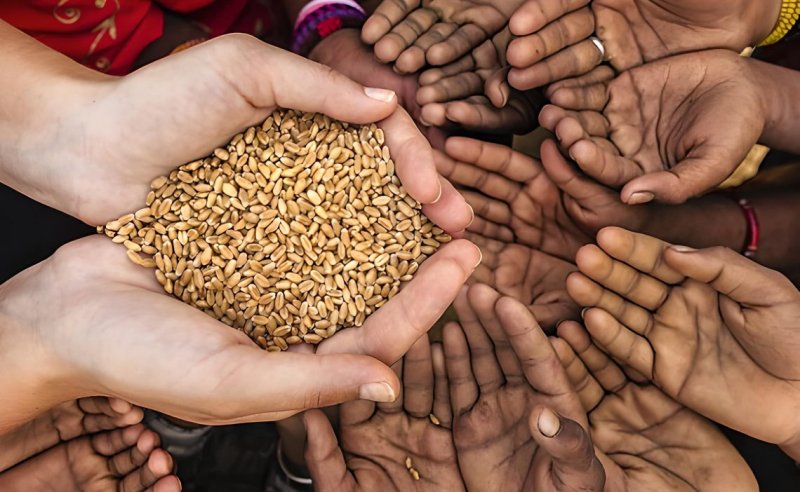- Who are we
- Activities
ActivitiesProjects
- Donate and Forms
Donates
- Public Benefit Status
- Zakat Calculator

Zakat, one of the five pillars of Islam, is an act of worship that obligates financially capable Muslims to give a specified portion of their wealth to those in need. Zakat is not merely charity; it is an essential practice that ensures social balance, promotes economic justice, and purifies the giver from material attachment.
By regularly giving zakat, a wealthy Muslim fulfills their religious duty and strengthens social solidarity. Zakat purifies wealth, increases its blessings, and helps the giver attain spiritual peace by freeing them from greed.
🔹 Zakat is an Islamic obligation requiring Muslims who possess a certain amount of wealth to give 2.5% (one-fortieth) of it to those in need.
🔹 To be obligated to give zakat, one must own the minimum threshold of wealth, known as the nisab amount. The nisab is equivalent to 80.18 grams of gold or its monetary equivalent.
🔹 The wealth subject to zakat must be free from basic needs and debts. In other words, after settling debts and covering essential expenses, if one still possesses wealth equal to or above the nisab amount, they are required to give zakat.
📌 Who Must Give Zakat?
✅ Being a Muslim
✅ Possessing wealth equal to or above the nisab amount
✅ Holding the wealth for a lunar year (354 days)
✅ Owning the wealth free from debts
The Quran explicitly states in Surah At-Tawbah (9:60) that zakat should be distributed among eight categories of people:
📌 Zakat cannot be given to direct family members such as parents, grandparents, children, or grandchildren because supporting them is already an obligatory responsibility.
Zakat is applicable to various forms of wealth, each with specific calculation methods:
🔹 Gold and Silver: If you own at least 80.18 grams of gold or silver, you must give 2.5% as zakat.
🔹 Cash and Bank Deposits: Similar to gold and silver, money in the form of cash, foreign currency, or bank deposits is subject to zakat at a rate of 2.5% if it exceeds the nisab amount and has been held for a year.
🔹 Trade Goods: Merchandise held for trade is subject to zakat. The total value of commercial goods is calculated, and 2.5% is given as zakat.
🔹 Agricultural Produce: The zakat rate for crops depends on the irrigation method:
🔹 Livestock: Zakat is due on camels, cattle, sheep, and other livestock if they reach a specific number.
🔹 Real Estate and Rental Income: Properties owned for income generation require zakat on the rental income, not the property itself.
📌 Personal-use items such as homes, vehicles, and essential belongings are not subject to zakat unless they are held for trade.
📌 There is no fixed time for giving zakat, but it is commonly given during Ramadan due to the increased spiritual rewards.
📌 Since zakat is due on wealth held for one lunar year, it should not be delayed unnecessarily. If a Muslim is obligated to give zakat but postpones it, the unpaid zakat accumulates as a debt.
📌 Zakat can be distributed gradually throughout the year, rather than in one lump sum, but fulfilling it promptly is more virtuous.
Calculating zakat can sometimes be confusing. Valide Humanitarian Aid Association has developed a special zakat calculator to help you quickly and accurately determine your zakat amount. With this tool, you can ensure that your zakat reaches those in need in a reliable and efficient manner.
💙 Calculate your zakat now and bring a smile to someone's face!
To draw attention to the ongoing humanitarian tragedy in Gaza and to stand in solidarity with the oppressed, Valide Humanitarian Aid Association participated in the march held on Davutpaşa Street.
On the night of 31 December, the Conquest of Jerusalem and Mecca Program organized by the National Will Platform in Esenler was held with an enthusiastic participation.
Muhammad Faruk Pirdal, President of Valide Humanitarian Aid Association, visited Yasin Türkaslan, President of Verenel Association Istanbul Branch, at the center of the association.